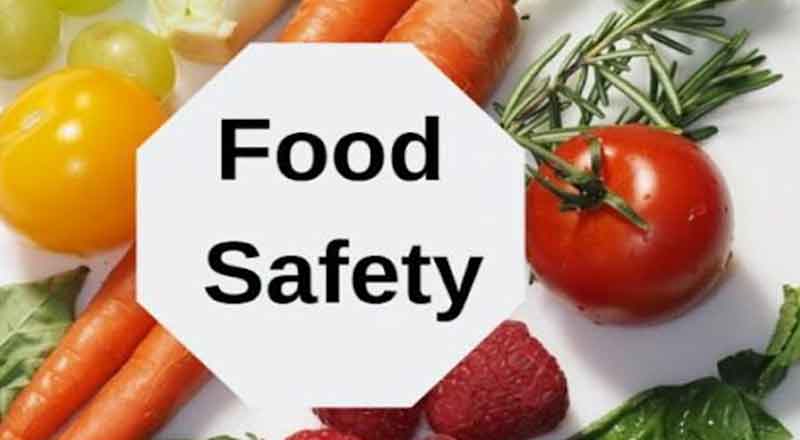Recent unsettling incidents across India have brought to light alarming cases of foreign objects found in food products, ranging from a human finger in ice cream to a dead centipede and mouse in different consumables. These incidents underscore the critical importance of food safety and highlight the need for consumers to understand their rights and legal options when faced with such situations.
Unforeseen Discoveries and Initial Steps
Discovering contaminants in food can evoke immediate shock and concern. The first crucial step for consumers is to document the incident thoroughly. This involves capturing clear photographs or videos of the contaminated product, ensuring the manufacturing and expiry dates, batch numbers, and any packaging details are clearly visible. Preserving the product itself and its packaging can serve as essential evidence.
According to experts, promptly reporting the incident to local food safety authorities is paramount. This includes contacting the nearest food safety officer and providing them with the documented evidence. Additionally, informing the manufacturer and the platform from which the product was purchased is advisable. In India, the Food Safety and Standards Authority of India (FSSAI) and local district consumer forums are mandated to investigate complaints related to food adulteration and contamination.
Legal Recourse and Police Involvement
While immediate action with food safety authorities is crucial, involving law enforcement becomes necessary in severe cases where the contamination poses significant health risks. Authorities can initiate legal proceedings under relevant sections of the Indian Penal Code based on findings and recommendations from food safety investigations.
The expert advises consumers to exercise caution when utilizing social media to amplify their concerns. While social platforms can effectively raise awareness and prompt action, unfounded accusations can unfairly damage reputations of businesses. Therefore, it is essential to substantiate claims with credible evidence before making public statements.
Seeking Redress and Consumer Vigilance
Consumers impacted by contaminated food have the right to seek compensation for any harm or distress caused. Filing complaints in consumer courts enables consumers to claim damages and seek punitive actions against responsible parties, including manufacturers and retailers.
Precautionary measures before consuming packaged goods are equally vital. Consumers should meticulously inspect product packaging for signs of tampering, ensure the authenticity of manufacturer details, batch numbers, and verify the dates of manufacture and expiry. These practices mitigate potential risks associated with counterfeit or expired products.
Upholding Consumer Rights and Accountability
In conclusion, understanding consumer rights and taking appropriate legal steps are essential for addressing incidents of food contamination effectively. By promptly documenting and reporting such incidents to relevant authorities, consumers not only protect themselves but also contribute to maintaining food safety standards. Upholding vigilance before consumption and utilizing legal avenues judiciously ensures fair redress and accountability in cases of food adulteration or contamination. By advocating for transparency and accountability, consumers play a crucial role in promoting safer practices within the food industry and safeguarding public health.
(With inputs from agencies)





